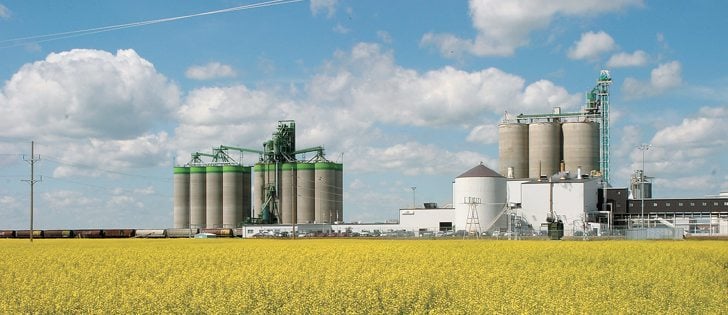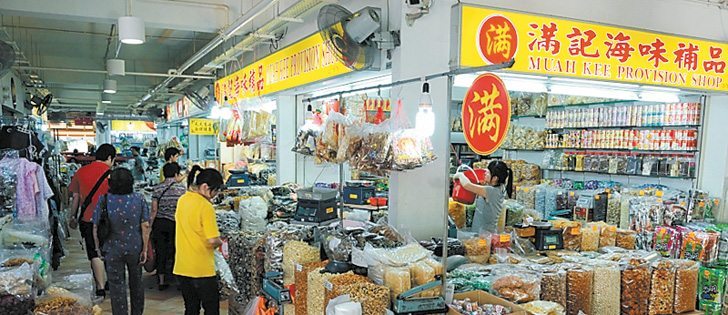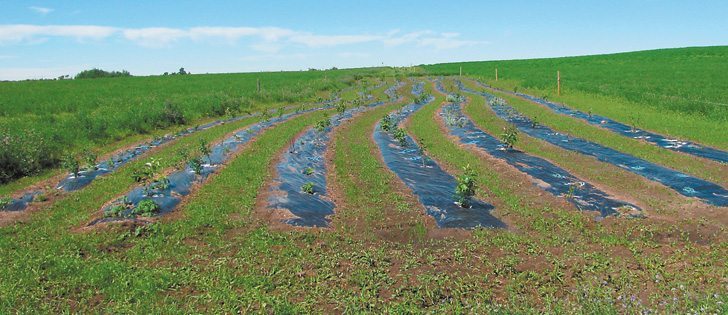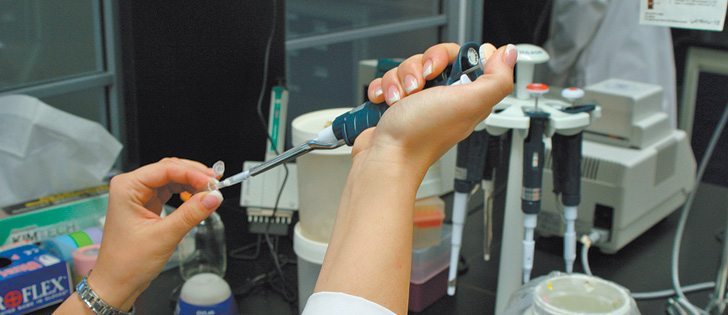The American hog industry brought its complaints about Quebec and Ontario support programs to Canada June 14.
However, pork industry leaders do not expect a new trade war to erupt soon.
“We certainly aren’t thinking that anything like that is in the offing,” said Canadian Pork Council executive director Martin Rice.
The American hog industry is incensed by a long-existing program in Quebec and a new one in Ontario that they say subsidizes hog production in the provinces and hurts U.S. hog producers.
Read Also

Europe holds promise for Canadian lentils
Pulse Canada is trying to help boost lentil consumption in Europe, which is already the fourth largest market.
“The Canadian subsidy programs distort the North American hog and pork market, limiting the growth of U.S. production, employment and profitability,” National Pork Producers Council past-president Doug Wolf said in a news release after meeting with federal and provincial bureaucrats.
“Canada’s entry into the TPP (Trans Pacific Partnership) negotiations should be contingent on renunciation of its trade-distorting subsidies.”
The council has repeatedly denounced Quebec’s Assurance Stabilisation des Revenus Agricoles (ASRA) program over the years, but Ontario’s launch of the Risk Management Program in 2011 has exacerbated tensions.
The NPPC is encouraging the U.S. government to deny Canada entry to the Trans Pacific Partnership trade talks while the two programs are in operation.
The Ontario program worries producers outside the province because any trade action taken against it would target Canada as a whole rather than the allegedly culpable provinces and their farmers.
The federal government has agreed to pay its usual share of the ASRA program over the years and defended it on occasion. However, federal agriculture minister Gerry Ritz warned Ontario against using the Risk Management Program and didn’t mince words about it, describing it as likely countervailable.
Iowa State University agricultural economist Dermot Hayes, who provided analysis for the NPPC argument against the provincial programs, said Ritz’s denunciation encourages and angers American farmers.
It encourages them because it shows that Canada’s federal government does not support programs that would distort production and trade, but it also makes many American farmers take notice of provincial programs in Canada.
“That was something that caused attention down here after your own ag minister said that,” Hayes said during the World Pork Expo.
Rice said the CPC does not judge the trade-friendliness of provincial programs and has no opinion on ASRA or RMP. However, it encourages all provincial governments to take trade implications seriously when designing new programs.
As well, it suggests that farmer-support programs be developed nationally rather than provincially to avoid interprovincial and international implications.
The hog industry has faced several trade battles with the United States, some lasting years and costing millions of dollars. As a result, it has learned to avoid programs and actions that would bring retaliation.
Hayes said the ASRA program has raised the price of Quebec market hogs by 30 percent, guaranteeing its producers a profit.
He claimed that the impact of ASRA over the next five years will be more than $350 million because of lost potential sales, while the Ontario program will cause more pork to be produced, thereby eliminating imports of American pork.
The NPPC acknowledged that U.S. country-of-origin labelling, which it opposed, distorts the North American hog market, but said that the Quebec and Ontario programs have a “far greater impact.”
Rice said the American industry will have trouble proving that the Canadian programs cause overproduction because production in Canada has slumped in recent years.
“As an industry in Canada, we’re still producing 20 percent less than we were five or six years ago,” said Rice. “We’re not going to see any real expansion of the industry and maybe even face pressures in maintaining present production.”















